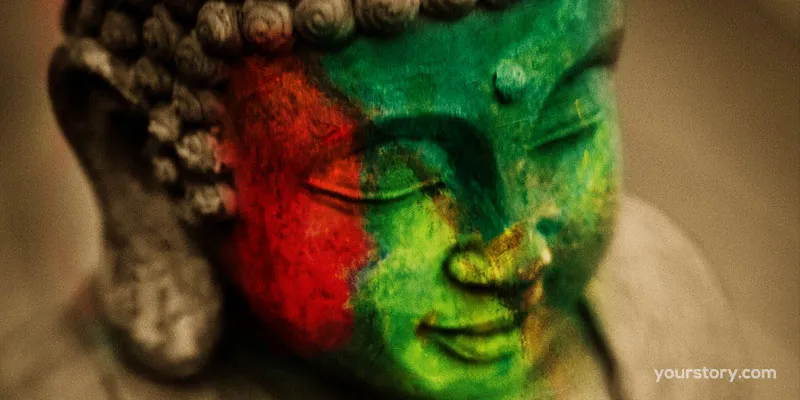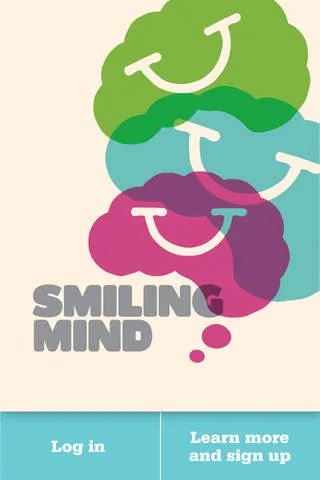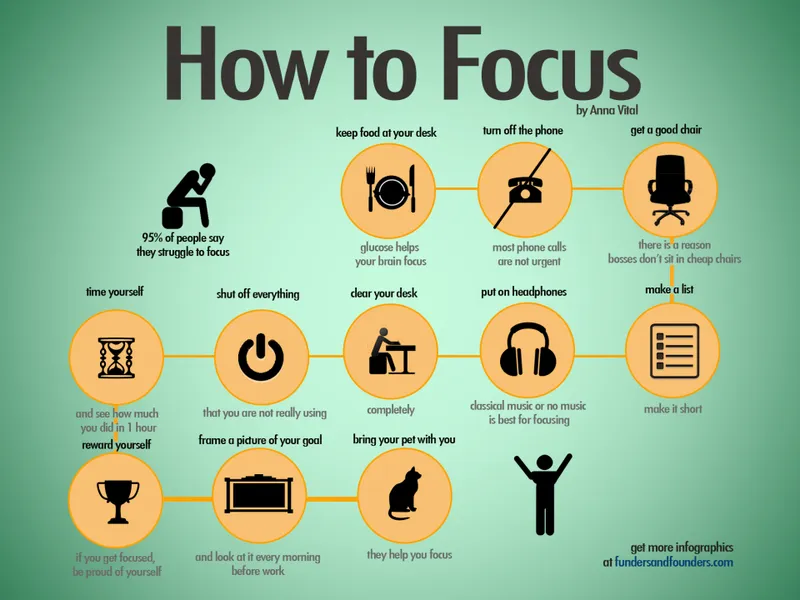Mind it: 7 ways to tap into the Buddha in you to unlock creativity
Every step an entrepreneur takes comes with a set of challenges. There are always a slew of things that need urgent attention. Fighting one crisis after another becomes a habit and an entrepreneur could soon be on autopilot, limiting his ability to think creatively.
Neuroscientists and behavioural psychologists have been working for decades on how to tackle this increasingly common affliction. One of the most effective solutions they have arrived at is 'mindfulness'. Yes, it derives from ancient Buddhist wisdom, but mindfulness is no longer a fuzzy-wuzzy concept. Researchers have proved its effectiveness in reducing stress, boosting performance and unlocking creativity.

So what exactly is this mindfulness? Simply put, it is the process of actively noticing new things; the practice of focusing your attention on the present moment absolutely. This technique can be used to take your mind away from negative or bothersome thoughts, by grounding you in your surroundings through the awareness of oneself.
Dr Ellen Langer, who has been studying mindfulness for over four decades, says that training yourself to be mindful makes you more alert. "You remember more of what you’ve done. You're more creative. You’re able to take advantage of opportunities when they present themselves. You avert the danger not yet arisen. You like people better, and people like you better, because you’re less evaluative. You’re more charismatic."
Sounds fantastic, isn't it? But wouldn't it take expert guidance from a monk or psychotherapist to crack it? Yes, but in the digital age, help is also at hand with apps for both Android and iOS phones.
A few months ago, we at Yourstory had written about Headspace, an app developed by Andy Puddicombe, ex-monk who was based in a Tibetan monastery for ten years. Headspace App promises to be with you round the clock.
There are several other apps to rein your wandering mind and bring it back to the present. These apps will get you started on mindfulness, but ultimately it's up to you to put in the dedicated practice to make it a part of you.
1) Mindfulness Bell: This Android app is available for download on Google Play. The Mindfulness Bell rings periodically during the day as a reminder to be mindful. It will remind you to hold on for a moment and consider what you are currently doing, and in what state of mind you are while you are doing it. This is an effective means of developing mindfulness according to the Zen Buddhist teacher Thich Nhat Hanh. There are two options to use it inside a quiet office space: 1) Use the 'Vibrate' option, which does a short-long vibrate pattern. 2) Turn the volume down to 'real soft'.
2) Mindful Mynah: This iOS app plays a sound of your choosing -- sharp, soft, dry, resonant -- repeatedly, at an interval of your choosing. On the Mac, the app lives in your menu bar. On iOS, the app can run in the background as you go about your day. Mindful Mynah was inspired by the mynah birds in Aldous Huxley's utopian novel, Island.
3) Buddhify 2: The app contains guided meditation tracks for 14 different activities which make up your day so you can develop mindfulness anywhere and everywhere - on the train, at work, when online, at home and so on. It has an inbuilt system to help you track your progress as well as handy stats and graphs to give you feedback on how you're getting on.
4) Smiling Mind: Billed as modern meditation for young people, this simple tool that promises to give a sense of calm, clarity and contentment is free. This web and app-based program was developed by a team of psychologists with expertise in youth and adolescent therapy, mindfulness meditation and web-based wellness programs.

5) Conscious: This Android app promises to increase your mindfulness and awareness by taking simple and effective daily challenges alongside other like-minded people. This aims to supplement yoga and meditation by stimulating and encouraging increased awareness in your normal daily activities. It is a work in progress but with a clear goal: increased moment-to-moment awareness, its makers, Makan Studios say.
6) The Now: This free iOS app retrains your mind to live more fully in the moment using a technique called continuous mindfulness training. The process works by using periodic cues, in this case, free iPhone push notifications with an audible chime and relevant message, to remind you to be fully focused on the present. The ultimate goal being to make mindfulness essentially continuous. This is a three-week course for free, a good introduction to self-awareness.
7) Enlighten: This Android app too gives alert reminders and a meditation timer to practice meditating for set periods of time.
There are several more such mindfulness apps, both free and paid, for you to try. But if you'd rather brush aside tech help on this and take baby steps to mindfulness the traditional way, follow these two tips from Dr Ellen Langer:
a) Imagine that everybody can read your thoughts. Oops! If your thoughts are totally transparent, you just cannot afford to think bad things about other people, right? Invariably you will become more understanding and see others' perspectives.
b) Question the belief that you’re the only one who can do it, that there’s only one way to do it, and that the company will collapse if you don’t do it. When you open your views to be mindful, the stress just dissipates.
Do you have something to add on the ways to achieve mindfulness? Tell us in the comments section below.
You will also love this info graphic from Funders and Founders on the "How to Focus"












